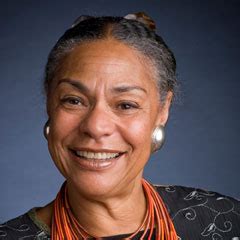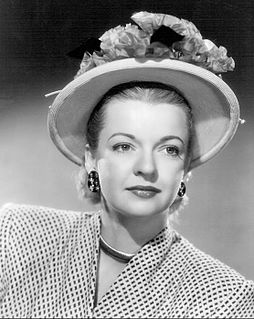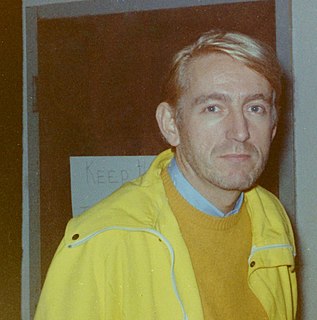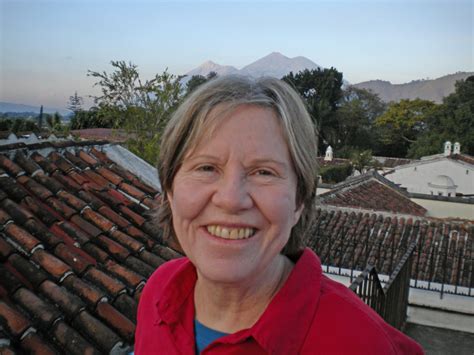A Quote by Phyllis Chesler
children need truly evolved people - not other, larger children - as parents. Therefore, don't have a child until you've forged your own identity, can support yourself, and have already begun the work of creating or maintaining an extended family.
Related Quotes
Our most basic institution of family desperately needs help and support from the extended family and the public institutions that surround us. Brothers and sisters, aunts and uncles, grandparents and cousins can make a powerful difference in the lives of children. Remember that the expression of love and encouragement from an extended family member will often provide the right influence and help a child at a critical time.
Productive collaborations between family and school, therefore, will demand that parents and teachers recognize the critical importance of each other's participation in the life of the child. This mutuality of knowledge, understanding, and empathy comes not only with a recognition of the child as the central purpose for the collaboration but also with a recognition of the need to maintain roles and relationships with children that are comprehensive, dynamic, and differentiated.
Modern children were considerably less innocent than parents and the larger society supposed, and postmodern children are less competent than their parents and the society as a whole would like to believe. . . . The perception of childhood competence has shifted much of the responsibility for child protection and security from parents and society to children themselves.
Two parents can't raise a child any more than one. You need a whole community - everybody - to raise a child. And the little nuclear family is a paradigm that just doesn't work. It doesn't work for white people or for black people. Why are we hanging onto it, I don't know. It isolates people into little units - people need a larger unit.
The beggarly question of parentage--what is it, after all? What does it matter, when you come to think of it, whether a child is yours by blood or not? All the little ones of our time are collectively the children of us adults of the time, and entitled to our general care. That excessive regard of parents for their own children, and their dislike of other people's, is, like class-feeling, patriotism, save-your-own-soul-ism, and other virtues, a mean exclusiveness at bottom.
Friends serve central functions for children that parents do not, and they play a critical role in shaping children's social skills and their sense of identity. . . . The difference between a child with close friendships and a child who wants to make friends but is unable to can be the difference between a child who is happy and a child who is distressed in one large area of life.
Each of us must come to care about everyone else's children. We must recognize that the welfare of our children and grandchildren is intimately linked to the welfare of all other people's children. After all, when one of our children needs lifesaving surgery, someone else's child will perform it. If one of our children is threatened or harmed by violence, someone else's child will be responsible for the violent act. The good life for our own children can be secured only if a good life is also secured for all other people's children.
Nobody would seriously describe a tiny child as a Marxist child or an Anarchist child or a Post-modernist child. Yet children are routinely labelled with the religion of their parents. We need to encourage people to think carefully before labelling any child too young to know their own opinions and our adverts will help to do that.
Despite the long-term reduction in familial roles and functions, we believe that parents are still the world's greatest experts about the needs of their own children. Virtually any private or public program that supports parents, effectively supports children. This principle of supporting family vitality seems to us preferable to any policy that would have the state provide children directly with what it thinks they need.
Women without children are also the best of mothers,often, with the patience,interest, and saving grace that the constant relationship with children cannot always sustain. I come to crave our talk and our daughters gain precious aunts. Women who are not mothering their own children have the clarity and focus to see deeply into the character of children webbed by family. A child is fortuante who feels witnessed as a peron,outside relationships with parents by another adult.
A Child of Happiness always seems like an old soul living in a new body, and her face is very serious until she smiles, and then the sun lights up the world. ... Children of Happiness always look not quite the same as other children. They have strong, straight legs and walk with purpose. They laugh as do all children, and they play as do all children, they talk child talk as do all children, but they are different, they are blessed, they are special, they are sacred.





































